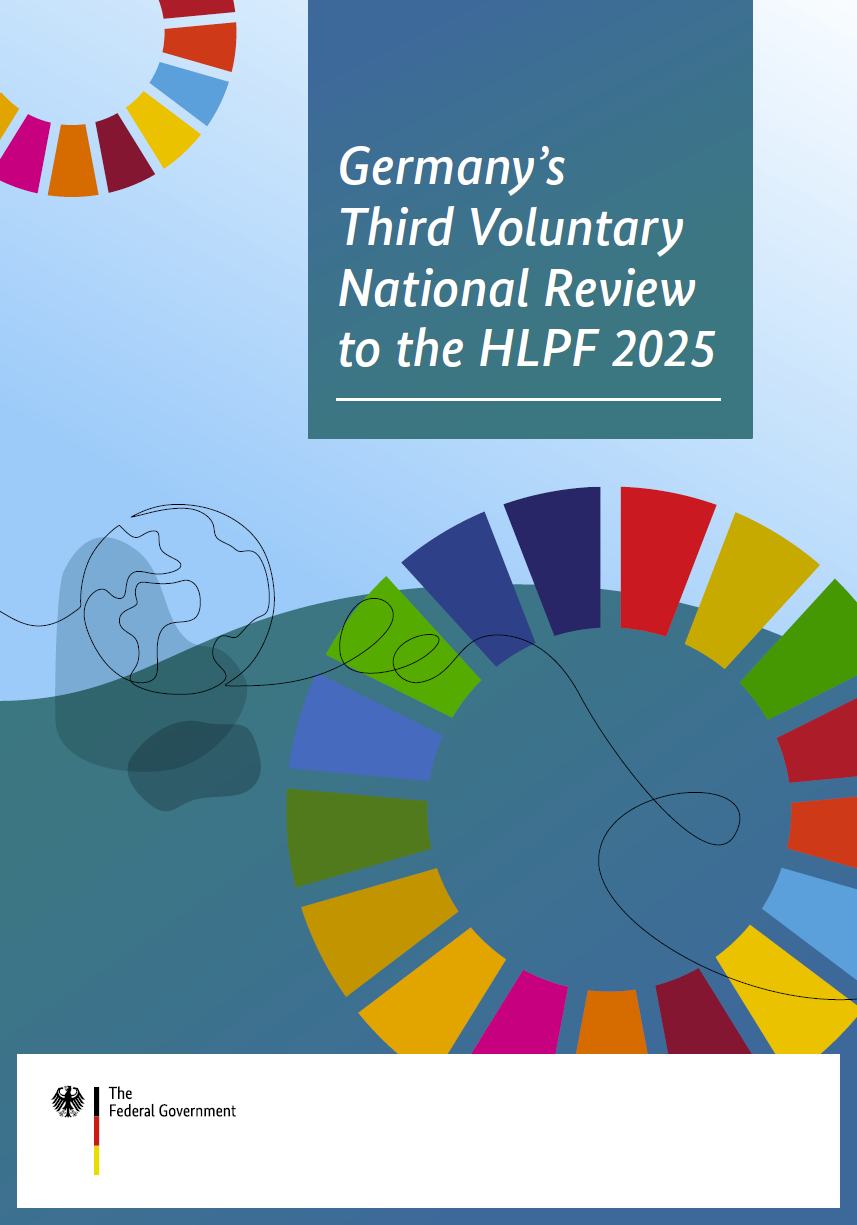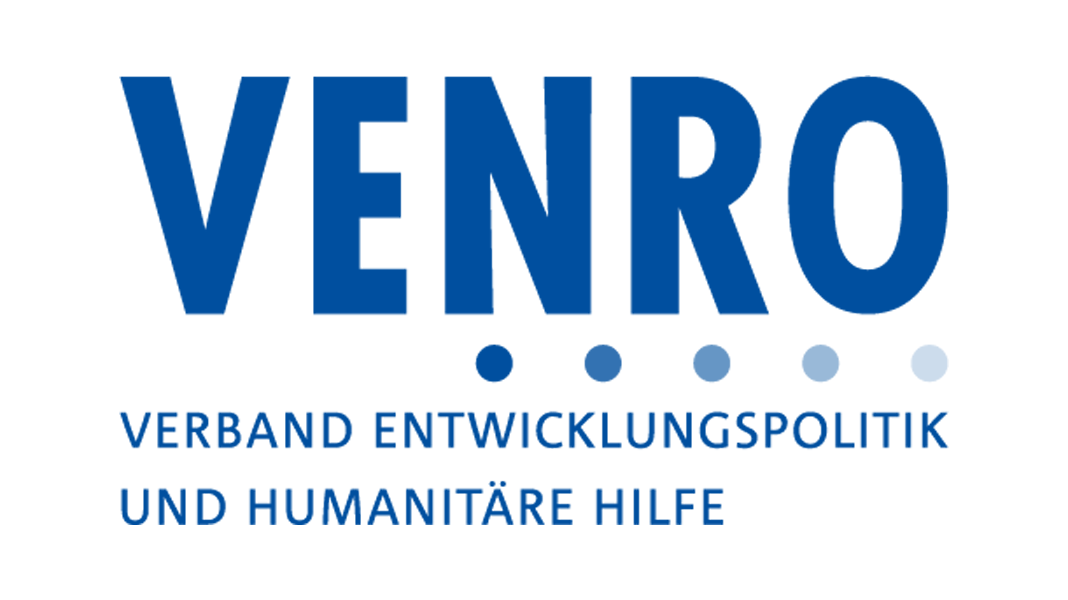VNR 2025 Contribution by VENRO
Worldwide, civil society organisations and activists are working to make societies more sustainable, democratic and just. They are promoting women's and LGBTQIA+ rights, fighting environmental degradation and human rights violations, and supporting marginalised and vulnerable groups. Through their committed efforts for the goals of the 2030 Agenda and the principle of leaving no one behind, they are making an essential contribution to global development. In more and more countries, however, governments are hampering their independent work through restrictive legislation, bureaucratic requirements and restrictions on funding. Vilification and harassment, surveillance and censorship in the digital sphere are restricting the rights to freedom of opinion and to privacy. This is particularly affecting women, LGBTQIA+ persons and other marginalised groups, who are often already suffering from intersectional discrimination. The closing civic space is an expression of a global crisis of democracy, with governments turning away from practising democratic values, and autocratic systems becoming stronger. Ultimately, this development is leading to an increase in inequalities and to economic development becoming less sustainable. We therefore welcome the fact that the German government is involving Germany's civil society closely in implementing the Sustainable Development Strategy. A large number of civil society stakeholders are able to play a part in shaping the Sustainable Development Strategy through the Dialogue Group, the dialogue conferences and online participation mechanisms. This participation must be upheld and increased.
We therefore recommend that the German government
- work globally to ensure that democratic civil society organisations and activists are strengthened and protected and enjoy participation. It should provide financial and capacity development support so they can make their concerns heard in local, national and international bodies. The German government's actions need to be guided by the goal of strengthening democratic civil society. It needs to speak out strongly against the repression of civil society;
- strengthen the successful participation mechanisms of the 2030 Agenda and the German Sustainable Development Strategy so that civil society representatives enjoy systematic, regular and early participation in political decision-making processes that have impacts on sustainable development and human rights worldwide. In these mechanisms, the German government should ensure that stakeholder groups and structurally disadvantaged groups are represented on a broad basis;
- communicate how it is supporting civil society stakeholders in the Global South, especially persons affected by marginalisation and structural disadvantages, and their organisations. The German government should also communicate how it is organising the participation of those who are working for sustainable development and involving them in the further development and implementation of the Sustainable Development Strategy.

